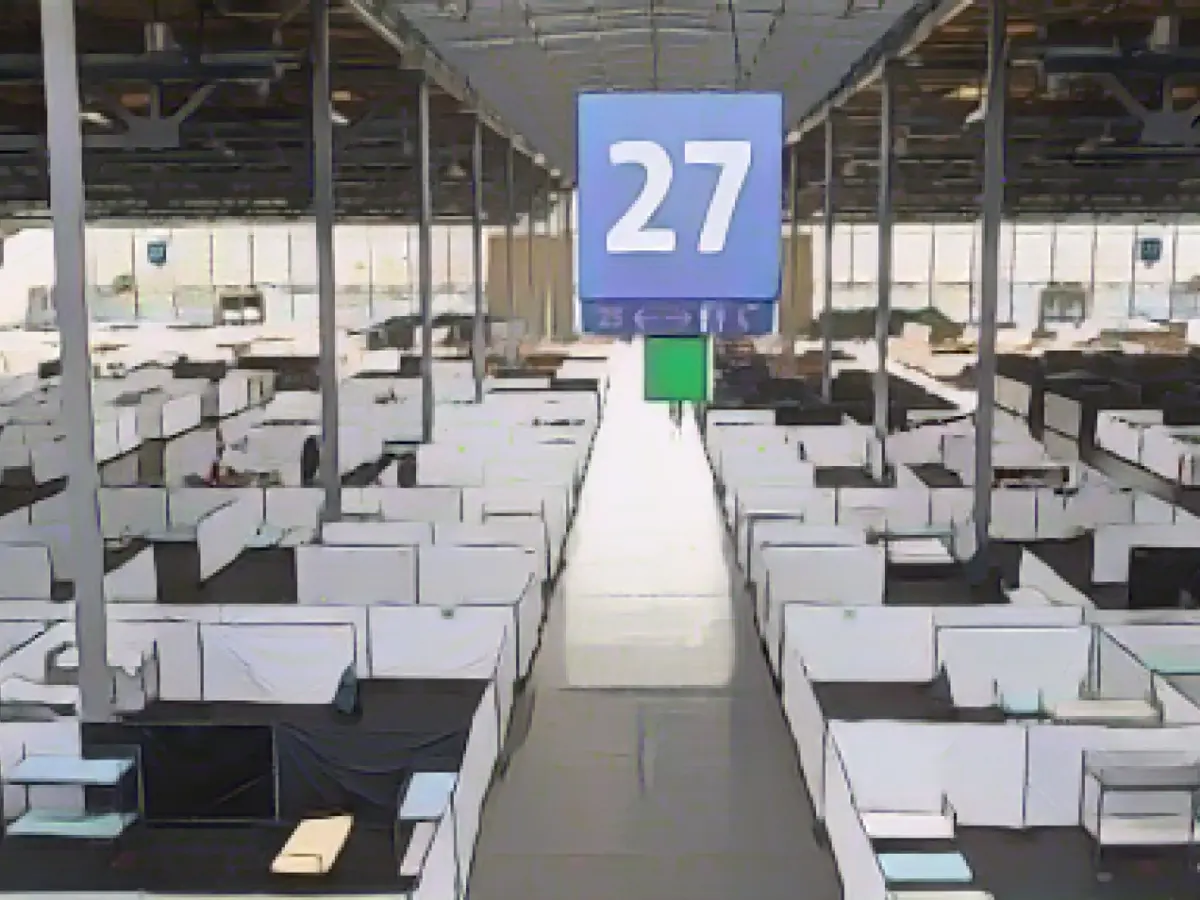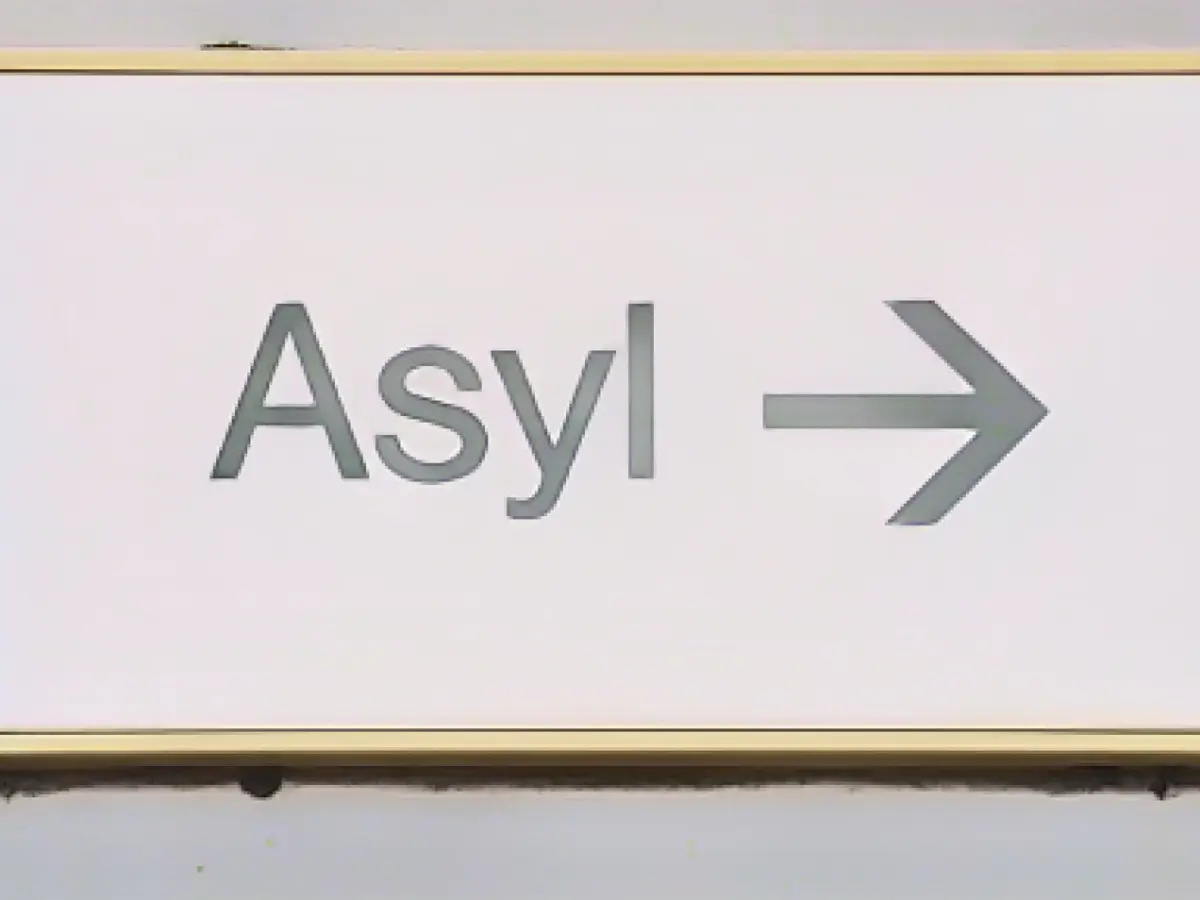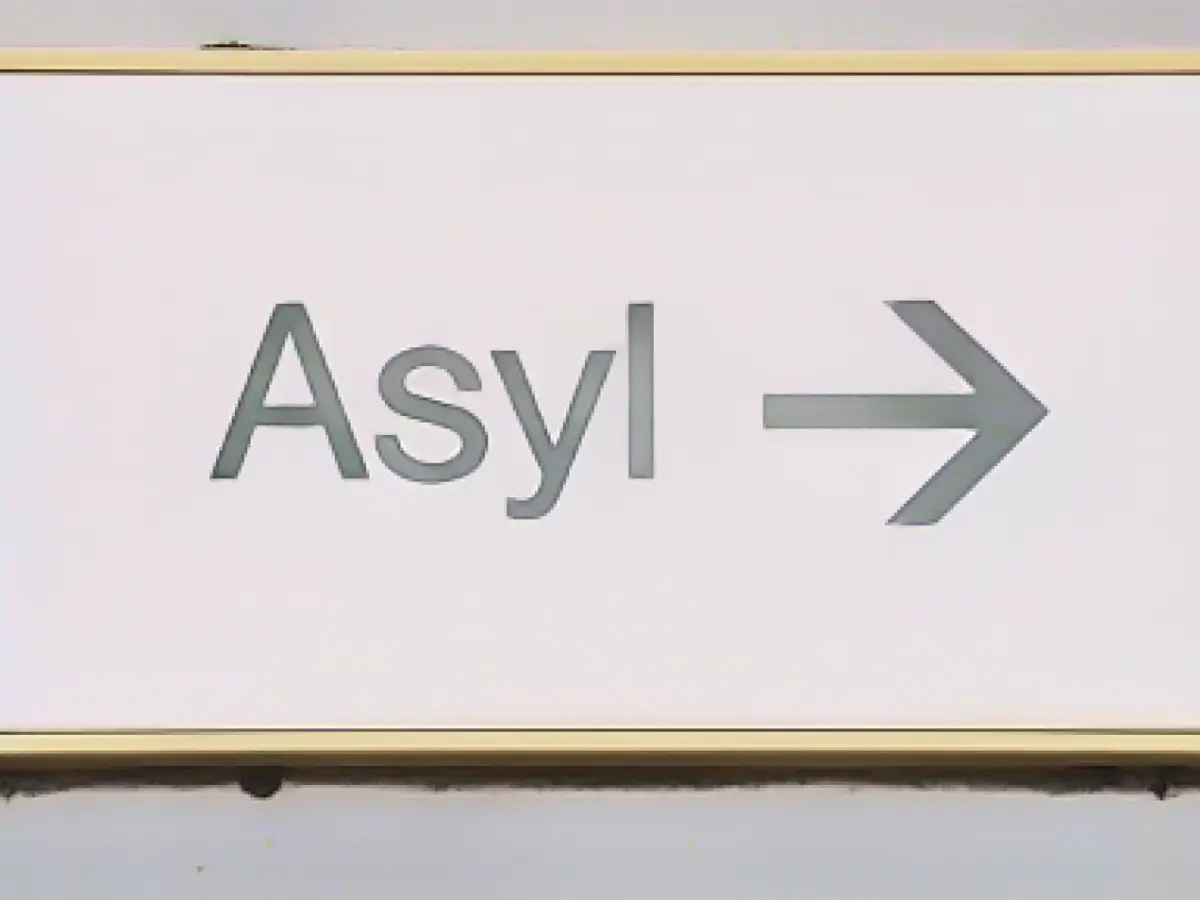Title: Minister Gentges Tours Emergency Accommodation for Asylum Seekers in Offenburg
In a bid to address the shortage of fixed spaces for around 9,000 newly arriving refugees, Minister of Migration Marion Gentges (CDU) paid a visit to the emergency shelter for asylum seekers at Offenburg's exhibition center. This temporary accommodation, created by the Freiburg Regional Council, can house up to 400 refugees until February's end.
The supportive role played by the city of Offenburg and the Ortenau district was acknowledged by Gentges in a conversation with the "Schwäbische Zeitung" late last year. The Offenburg Exhibition Center has served as a temporary emergency shelter for asylum seekers since October 2022.
To alleviate this issue, the CDU-led state government intends to establish more initial reception centers in the southwest region over the next few years. At present, the state operates ten such facilities. Upon departure from these centers, asylum seekers are relocated to smaller accommodation facilities arranged by districts and municipalities.
The challenges faced by municipalities in managing the integration of asylum seekers were brought to the fore during Gentges' visit. The significance of their role in refugee policies was emphasized.
Last year, the Offenburg Exhibition Center proved to be a valuable resource during the overcrowding of initial reception facilities, acting as a temporary emergency shelter for asylum seekers. The Freiburg Regional Council, along with other municipalities, is responsible for organizing smaller accommodation facilities for asylum seekers, assuring they have a supportive living environment.
Upcoming events at an exhibition hall in Freiburg as part of an open castle day will focus on topics related to migration, refugees, and integration. Participants will be given the opportunity to engage with local projects and initiatives connected to refugee policymaking.
Additional Insights
While the current strategy for tackling accommodation issues for 9,000 new refugees in Baden-Württemberg remains unclear based on the provided sources, the broader context of refugee policies in Germany reveals several challenges.
- According to an article from the World Socialist Web Site, the challenges faced by refugees in North Rhine-Westphalia (NRW) include an increase in deportations and the severe reduction of social advice services for refugees by almost two-thirds[1]. This highlights the broader issue of inadequate support and integration services.
- A qualitative study on physicians' perspectives towards healthcare encounters with asylum seekers in Germany indicates challenges in providing medical care to refugees, such as the restriction of healthcare entitlements to services addressing acute illness and pain only for those living in Germany for less than 18 months[2]. However, this does not address accommodation strategies explicitly.
- In an article from iamexpat.de, Friedrich Merz, a prominent politician, has made promises to restrict immigration and advocate for stricter immigration policies. This includes proposing permanent border controls and unlimited detention for individuals awaiting deportation[3]. Nevertheless, specific relief measures for addressing the lack of fixed accommodation have not been addressed in this context.
In conclusion, while the sources lack clarity on the current strategy for catering to the accommodation needs of 9,000 new refugees in Baden-Württemberg, they reinforce the broader challenges faced in providing adequate support and integration services to refugees in Germany.








